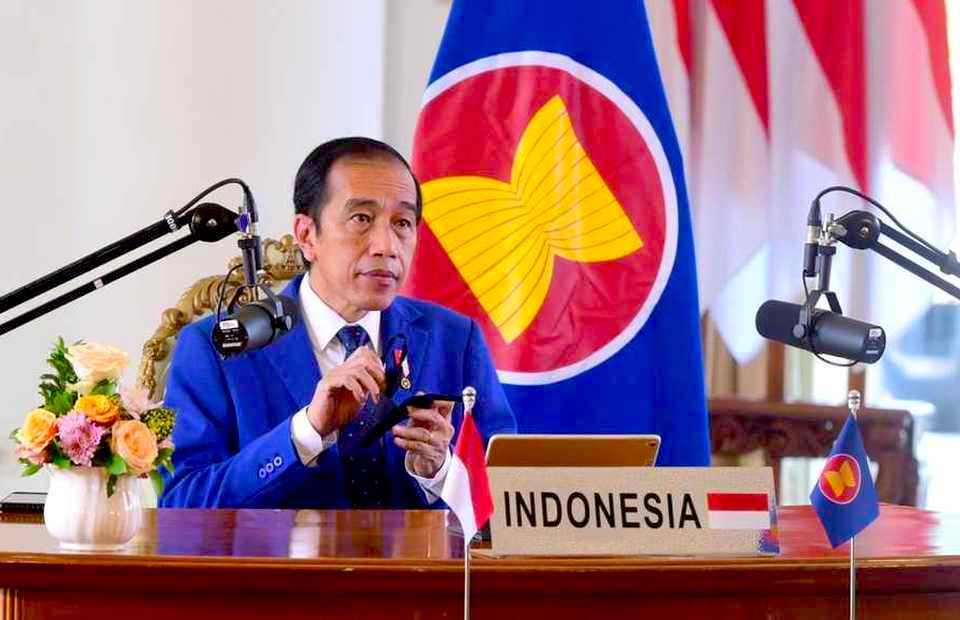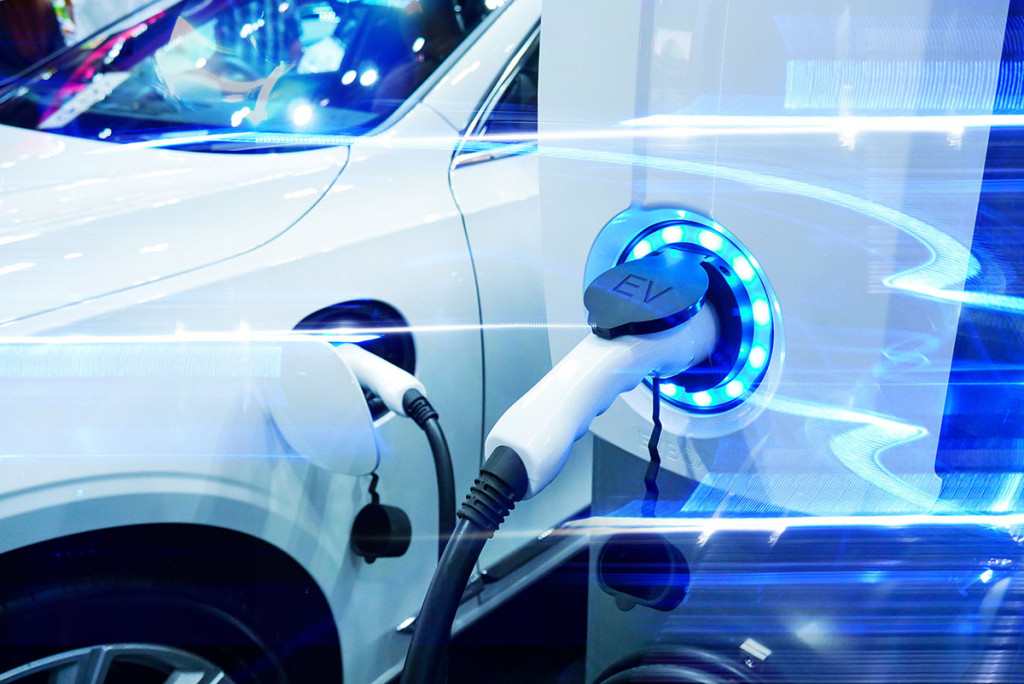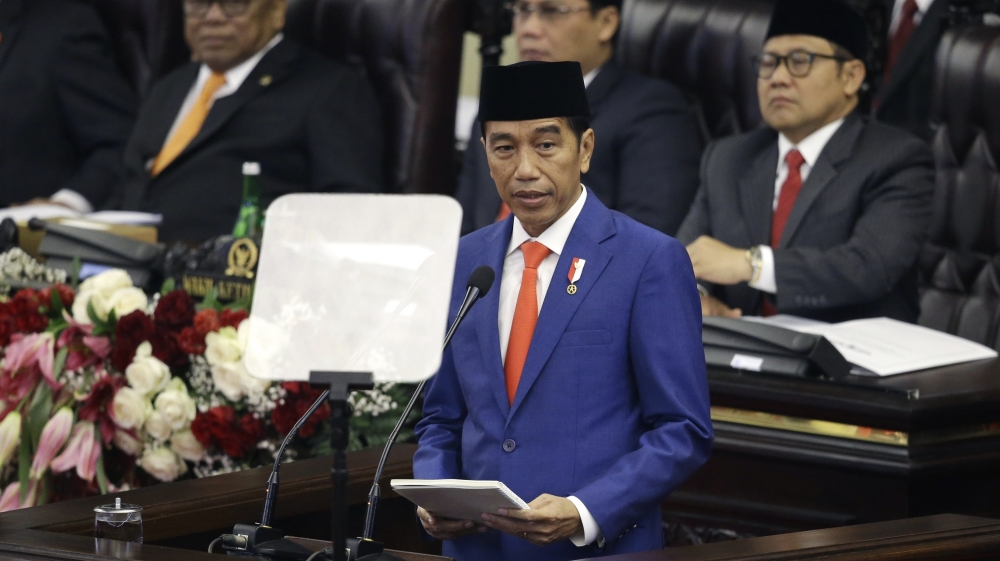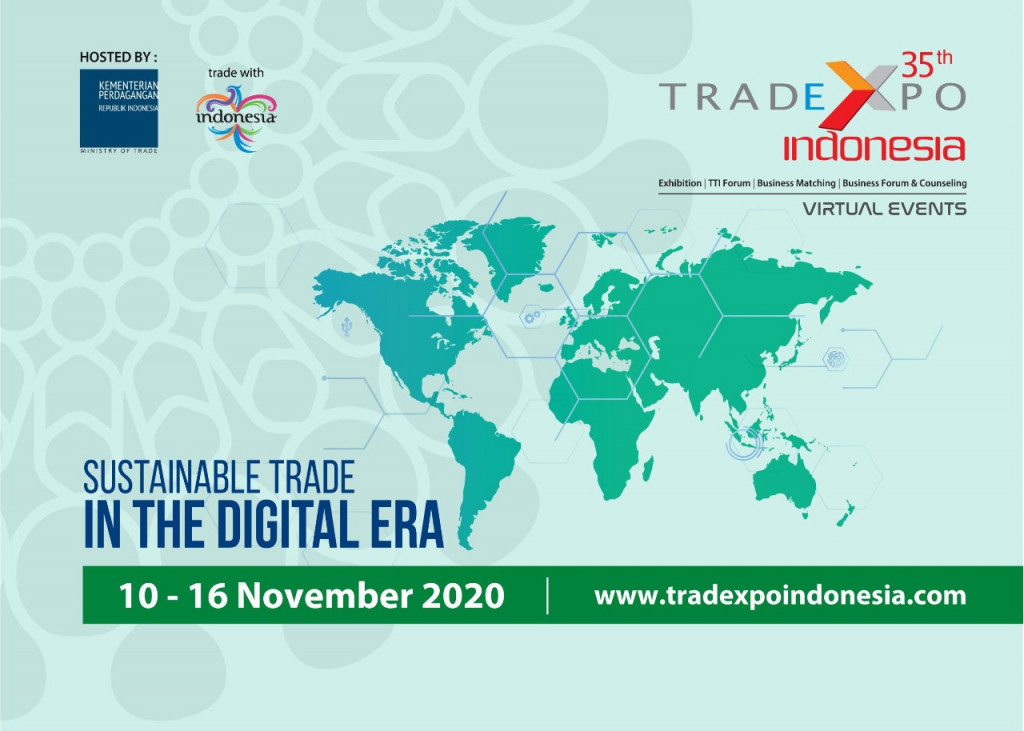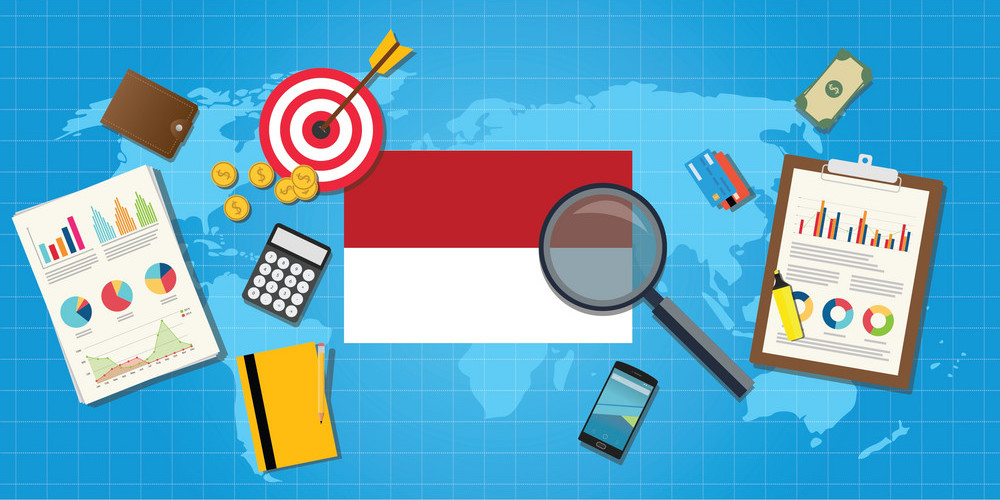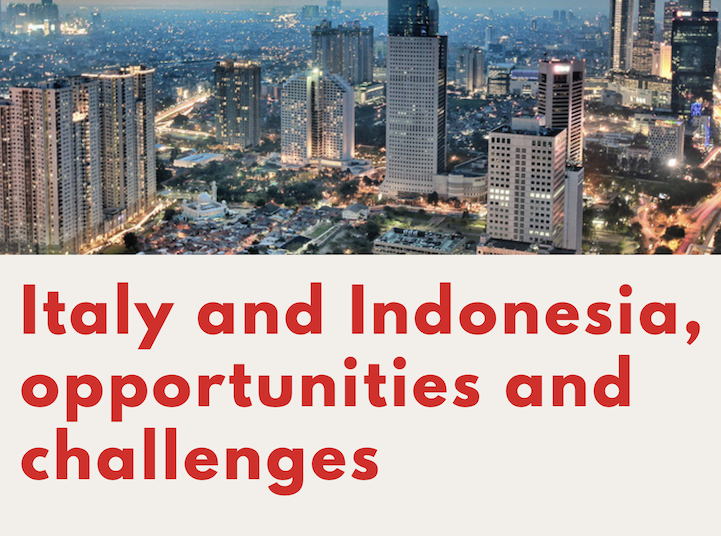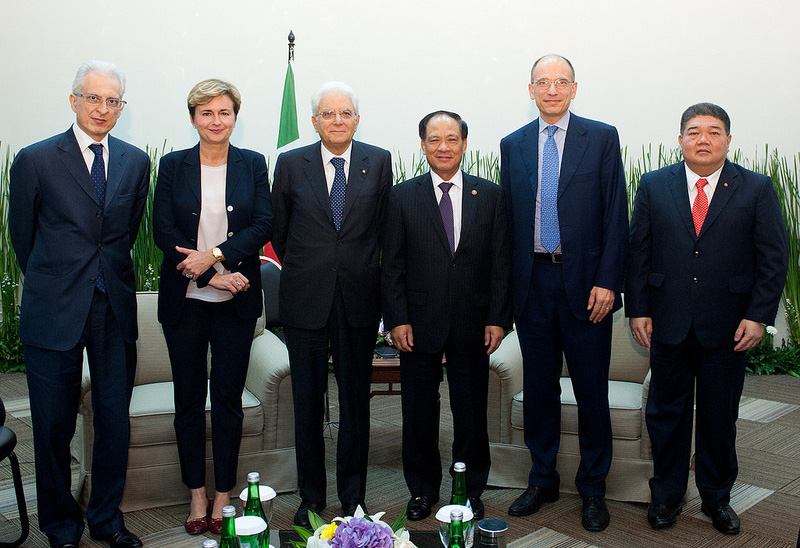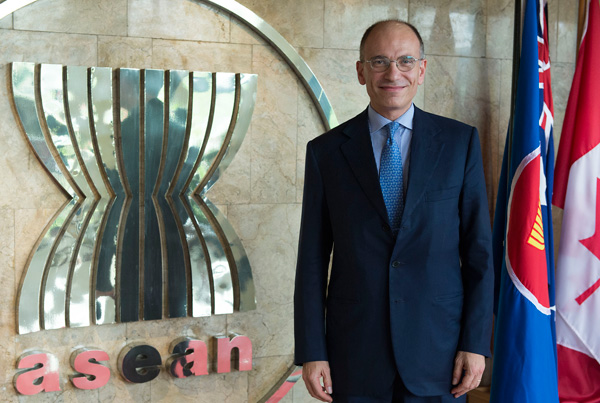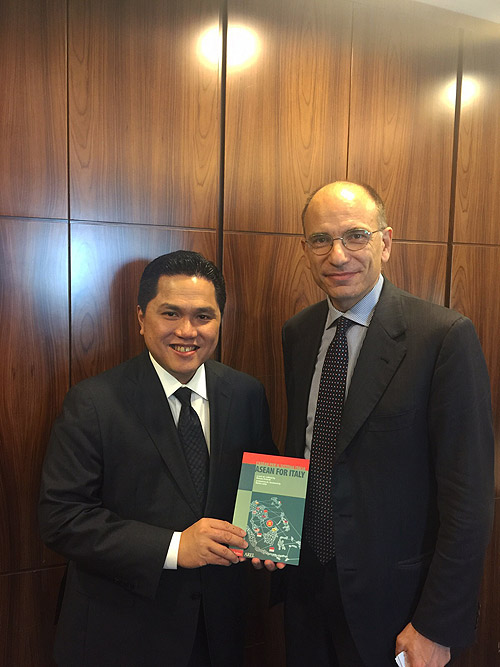From the protection of civil rights to the need for an inclusive economy, Indonesia puts the spotlight on the development of democracy in the Asia-Pacific region.
The thirteenth edition of the Bali Democracy Forum, entitled la tredicesima edizione del Bali Democracy Forum, intitolata Democracy and the Covid-19 Pandemic, took place on 10th December in semi-virtual mode. The speech by Indonesian Foreign Minister Retno Marsudi, the first woman to hold this position in the country, opened the event convened in Nusa Dua. After her speech, the words of the United Nations Secretary-General and the Director-General of the World Health Organization were presented via video.
The 13th Bali Democracy Forum (BDF) addressed the impact and consequences of the Covid-19 pandemic on democracy and solidarity between states. Together with the global health and economic emergency, the restrictive measures adopted by governments to contain the infection are also threatening some founding values of democratic societies. Therefore, the main goal of the 13th BDF was to provide a space for sharing experiences between states and stakeholders, as well as to find answers on the future of democracy as a consequence of the global crisis.
The annual intergovernmental forum focuses its attention on developing democracy in the Asia-Pacific region. Established by the indonesian government in 2008 to seal the first democratic decade in Indonesia, the BDF aims to encourage regional and international cooperation on the issue of democracy and peace, through a productive dialogue between all participating States. Democracy is one of the founding principles of Indonesia, enshrined in the so-called Pancasila, the philosophical thought on which the Indonesian state is founded. The promotion of democracy is also an integral part of Indonesia’s foreign policy, particularly in the Asian region.
Adherence to the values of equality and mutual respect has become the foundation on which the authentic spirit of the Forum is based. Over the years, the BDF has made democracy a key point of the strategic agenda in the Asia-Pacific region, as the region’s biggest meeting on this issue. In line with the three founding pillars of the United Nations Charter, the BDF puts the spotlight on the need to succeed in creating a lasting balance between economic and political development, the maintenance of peace and security, and the protection of human rights and humanitarian values in Asia-Pacific.
Furthermore, the 13th Bali Democracy Forum conducted a series of events as part of the Road to BDF, from September to November 2020. This new initiative was divided into three main segments: Bali Civil Society and Media Forum (BCSMF), Bali Democracy Students Conference (BDSC), and the Panel of Inclusive Economy. Each segment produced a series of preliminary meetings and consultations on democracy and the Covid-19 pandemic.
The BCSMF aims to encourage the participation of civil society and media, as main actors in the process of public policy making. This Forum brings together community leaders, NGO activists, academics, researchers, journalists and public figures. The BDSC involves students from many Indonesian and foreign universities in a precious moment of discussion on various issues, which arise from the Forum’s dominant theme. Finally, the Panel of Inclusive Economy was introduced in the 2019 edition as an essential part of the BDF. Through this Panel the importance of an inclusive economy was highlighted, being able to guarantee the participation of all stakeholders, especially the private sector. Indeed, the collaboration between public and private sectors enables the strengthening of the democratic system and the economic development. The Panel also plays as a platform to deepen the topics in question and to propose concrete actions to address economic challenges. The strengthening of micro, small and medium-sized enterprises (MSMEs) was a crucial theme of the BDF 2020. In fact, the 13th BDF emphasized the need to fortify MSMEs as a key part of the economic recovery, since they represent one of the sectors most hit by the pandemic.
«Our task is not easy, we need to make sure that democracy can support our efforts in the post-pandemic era» said the Foreign Minister Retno Marsudi. Through the BDF, Indonesia places itself at the center of the Asia-Pacific region and it affirms a very important prerogative in the delicate historical moment we are experiencing. The spirit of inclusion is the cornerstone of a successful democracy. The support and protection of democratic principles must become a positive force to overcome the challenges and problems caused by the current pandemic and start the post-pandemic phase.


